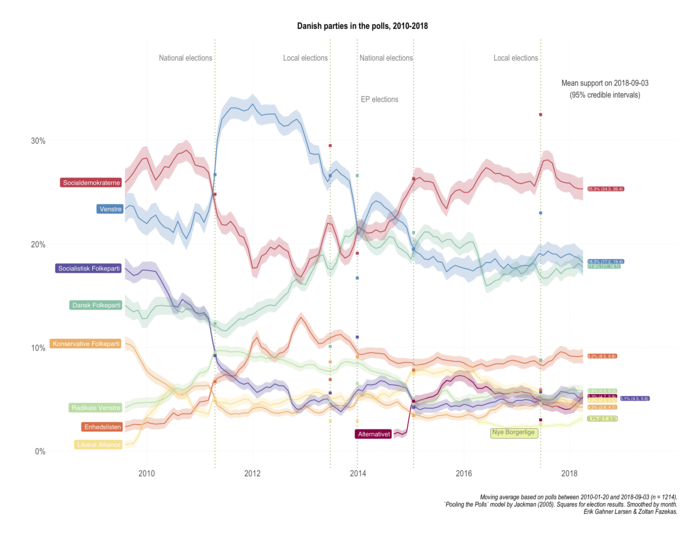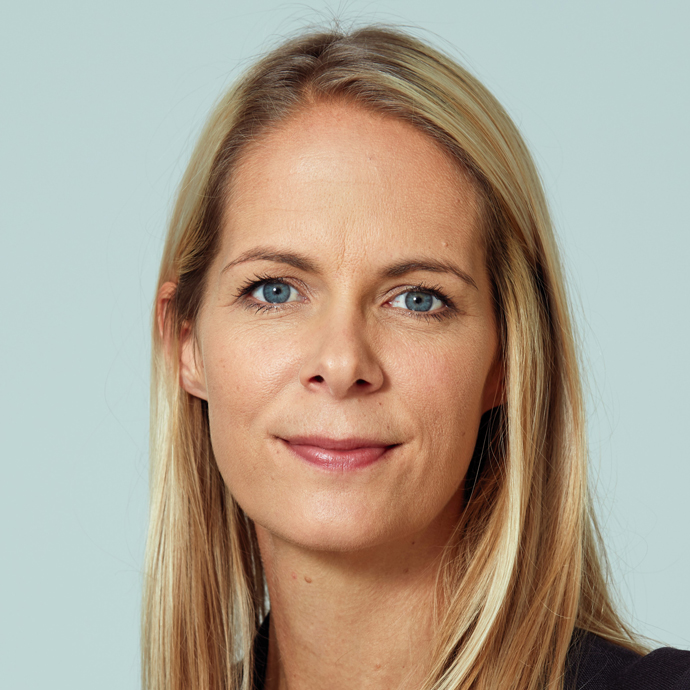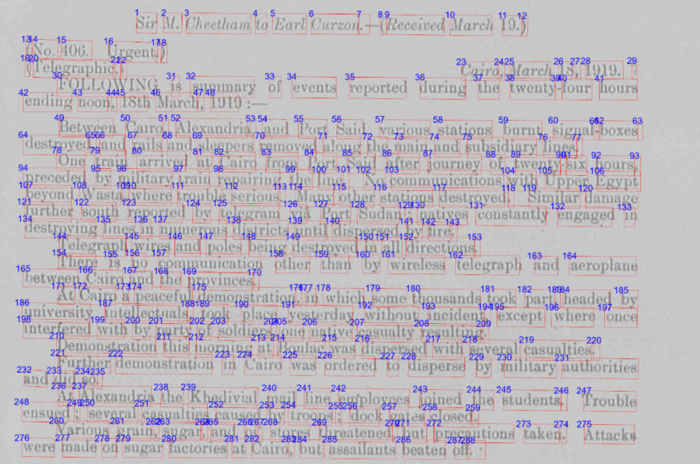Tidligere arrangementer - Side 11
For 10 år siden ble Norge og verden rystet av terrorangrepet 22. juli. Hva sier forskningen om tiden etterpå? Hvilken kunnskap har vi nå, og hva trenger vi å forske mer på? C-REX gjør opp status med gjester og samarbeidspartnere.
Technological shifts are eroding the line between nuclear and conventional weapons. We discuss the implications for strategic stability, and examine Russia’s and South Korea’s deterrence strategies.
With Vidhya Ramalingam (Moonshot) and Uzair Ahmed (C-REX, University of Oslo)
Lecturer: Tamta Gelashvili (C-REX, UiO)
Research use and research impact in public administration and policy: Empirical studies of Norwegian government employees
Speakers: Göran Larsson, University of Gothenburg and Torkel Brekke, Oslo Metropolitan University
We will discuss Emma Rosengren's chapter, "Armed Neutrality in Dire Straits. A feminist analysis of the 1981 Swedish submarine crisis."
We will discuss Aaron Bateman's article, "Keeping the Technological Edge: Britain and the Strategic Defense Initiative."
With John W. P. Veugelers (University of Toronto) and Cathrine M. Thorleifsson (C-REX, University of Oslo).
Opinion polls are not reported in the media as unfiltered numbers. And some opinion polls are not reported at all. This talk by Zoltán Fazekas from Copenhagen Business School is about how polls travel through several stages that eventually turn boring numbers into biased news. The theoretical framework describes how and why opinion polls that are available to the public are more likely to focus on change, despite most polls showing little to no change. These dynamics are empirically demonstrated using several data sources and measurements from two different democracies (Denmark and the U.K.) covering several years of political reporting. In the end, a change narrative will be prominent in the reporting of opinion polls which contributes to what the general public sees and shares, further consolidating a picture of volatile political competition.
Opinion polls are not reported in the media as unfiltered numbers. And some opinion polls are not reported at all. This talk by Zoltan Fazekas (Copenhagen Business School) is about how polls travel through several stages that eventually turn boring numbers into biased news.
Lecturer: Jordan McSwiney (University of Sydney)
Unpopular policies leading to the co-production of public services: The case of public transportation in Israel
We will discuss Philipp Lutscher's article, "Digital Retaliation? Denial-of-Service Attacks After Sanction Events".
Speaker: Cathrine Thorleifsson, C-REX
Neil Ketchley presents Violence, Concessions, and Decolonization: Evidence from the 1919 Egyptian Revolution
With Kurt Braddock (PERIL, American University) and Bart Schuurman (ISGA, Leiden University)
Lecturer: Haley McEwen (University of the Witwatersrand, Johannesburg)
We will discuss Oliver Barton's paper "'No Special Privileges'? British Nuclear Forces, Transatlantic Relations, and the INF Negotiations."
C-REX inviterer til masterlunsj for de som skriver oppgave om eller studerer høyreekstremisme.
With Katrine Fangen (C-REX, University of Oslo) and moderated by Cynthia Miller-Idriss (American University)
Speaker: Jonas Kunst, Department of Psychology, University of Oslo
C-REX and the Research Group on Populism, Anti-gender and Democracy at the University of Stavanger co-organise an online workshop on gender dimensions of right-wing populism and extremism.
Hvem vinner stortingsvalget? Selv om ingen vet noe sikkert før valget har funnet sted, har vi en mengde data som gjør det mulig å svare i form av sannsynligheter.










